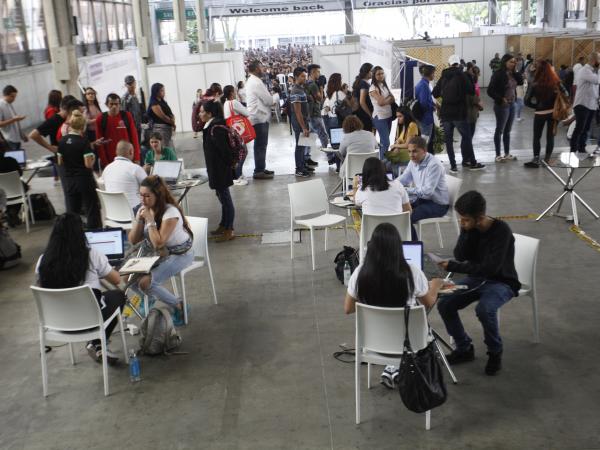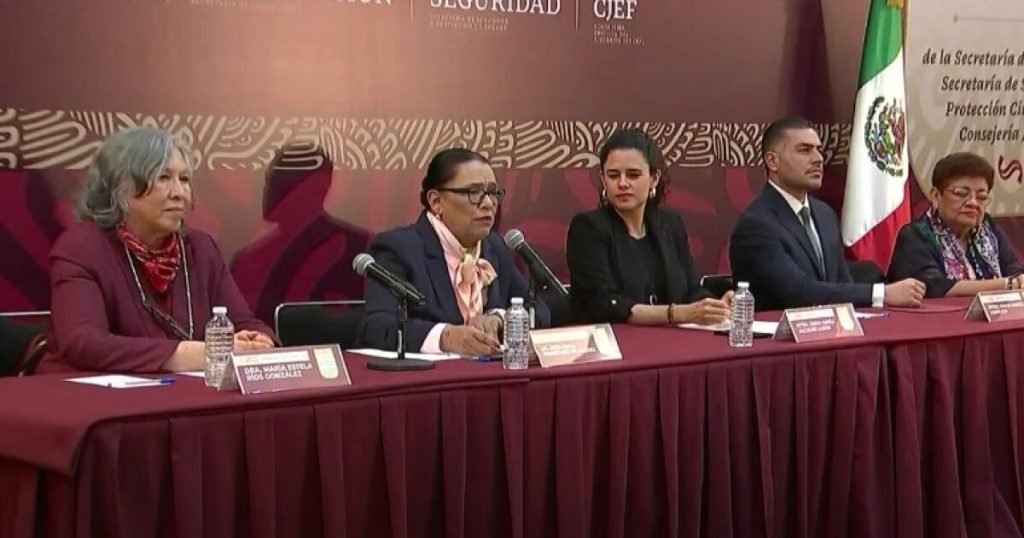This week, with its sights set on completing the first half of the process and meeting the regulatory deadlines, the House of Representatives will begin voting on the labor reform articles, in the midst of a debate that promises a lot of movement and actions by the opposition to cut off the passage to various points that have employers worried, mainly in relation to labor costs.
In total, there are more than 80 articles that come into discussion starting this Monday, September 30, with a view to firming up the changes in the working day, the night, holiday and Sunday surcharges, the protection of the union association and the support for micro and small businesses; that According to the Ministry of Labor, they seek to guarantee decent working conditions for Colombians.
For reading: ‘The intention is to continue in the Permian basin’: Ecopetrol
It should be noted that initially this reform contained 98 articles, but during the approval in the first debate, 23 were removed, related to the union association and collective agreements. However, for the second, of four discussions that must take place, the Ministry of Labor insisted on part of what was dropped and together with the changes proposed within the plenary session of the Chamber, in the end there were the 80 that they are going to review.
Thus, the accounts in Congress project that this week there will be an evacuation the entirety or at least a large majority of the project; while the speakers and sectors related to this maintain their call for the debate to be held and “little tricks” that postpone the procedure longer than necessary to be avoided.
tight beads
In the event that the labor reform was ready this week, the Government and speakers would have 10 weeks left, taking into account that Congress goes on vacation on December 16, to carry out debates in committees and plenary sessions. If they do not achieve this, it will collapse just as it did in 2023, which would once again ruin one of President Gustavo Petro’s most important bets since he arrived at the Casa de Nariño.
In this way, it is worth remembering that although the Government has majority support in the Chamber, this does not happen in the Senate, where it is expected that there will be greater reluctance to the project and it will not advance at the same speed, as happened during the first quarter with the pension reform, which although It happened in the end, it required moves among the allied congressmen so that it did not sink.
More news: Levapan invests in bioingredients pilot plant
It must also be taken into account that the labor reform is in Congress at the same time as proposals such as health reforms, Law 30 on higher education, politics and taxes (Financing Law), in addition to the restructuring of the General Participation System ; which has already completed five of the eight debates required by national legislation.
Both the Ministry of Labor and the speakers of the labor reform, They insist that this project is necessary to guarantee labor dignity for millions of Colombians, which is why it cannot be sunk again. However, for employers there are many elements to review, starting from the increases in labor costs, which could end up favoring informality, especially in these times of deceleration.
Labor reform debate
Milton Díaz / EL TIEMPO
However, authorities such as the OECD say that there are aspects of the project under discussion that could increase contracting costs and, in the process, affect formalization. In this sense, they maintain that although it is good that they want to give greater protection to formal workers, they point out that increasing costs would have a negative effect.
In this sense, they maintain that the reform has good things, such as greater protection for workers who today are already formal, but at the same time that can have an impact and we must be very careful in terms of informal employment and there are we have to put policies in such a way that this reform, If it goes ahead, mitigate the impact on informality.”

















